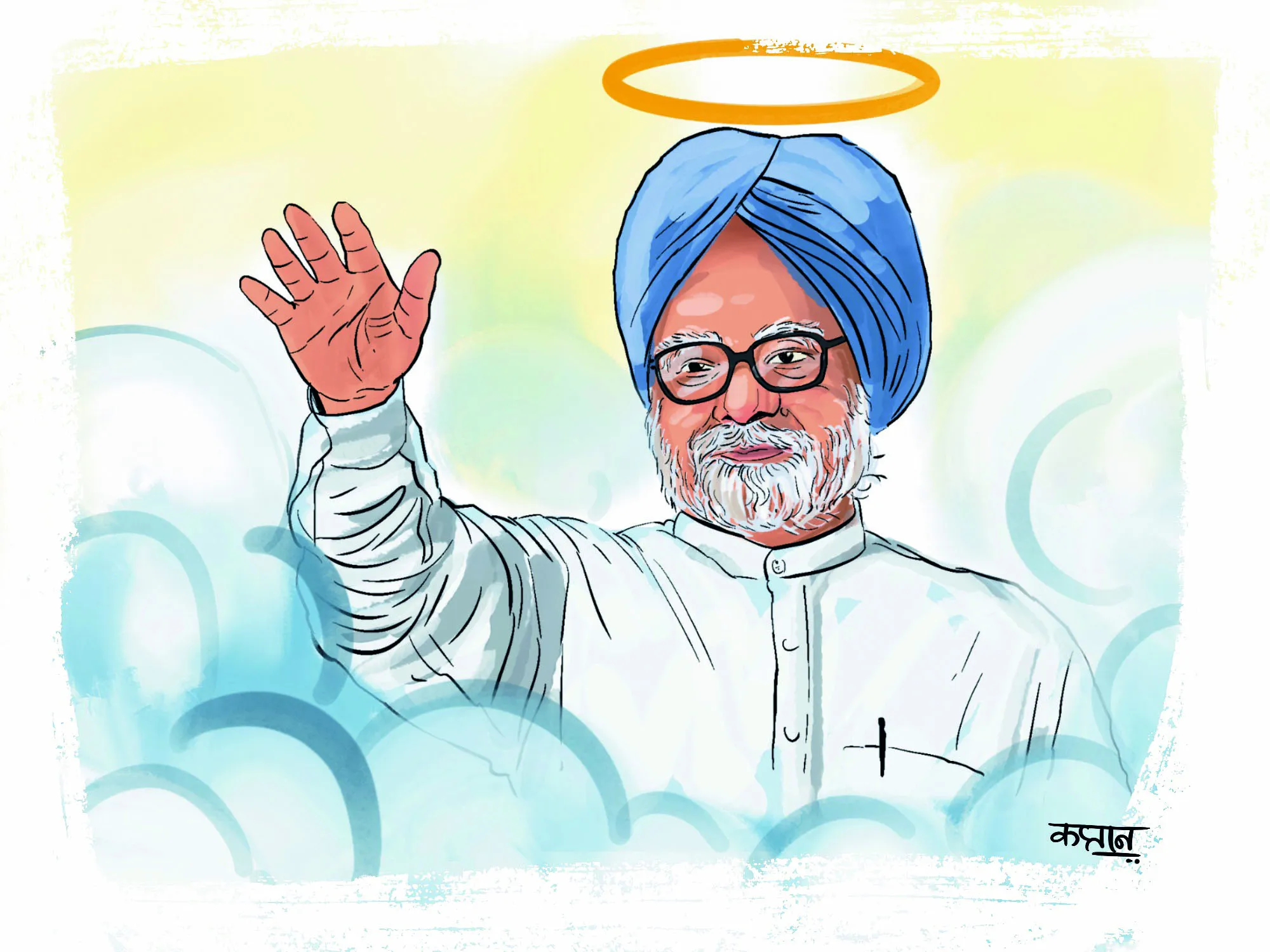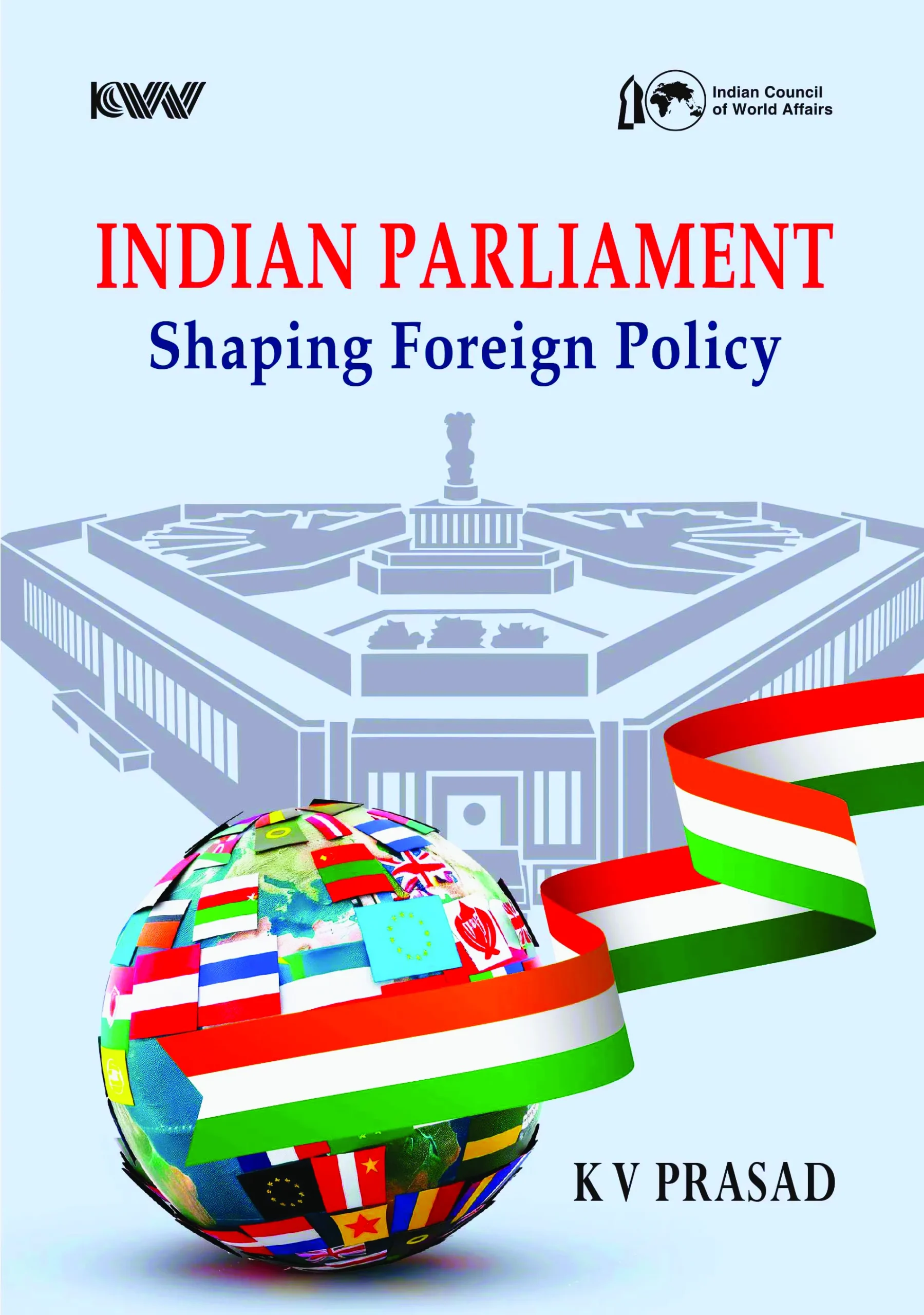In the wake of farmers’ protest in India in 2021, an organisation called “Waris Punjab De” emerged as a pressure group to champion the rights of Punjab and highlight social issues. The organisation soon deviated from its stated mission and began to undermine the sovereignty and integrity of India by promoting separatism through its leader Amritpal Singh. The Punjab Government cracked down on the organisation and slapped National Security Act, 1980 (NSA) on Amritpal Singh and some of his associates, who were later whisked away to Assam jail to be kept under preventive detention. As in the case of Amritpal Singh, the true intentions, tactics, and consequences of groups acting against the nation’s security and stability often come to light too late, forcing the governments to take swift action. The delay in acting against such anti-nationals is also aggravated by the confusion about the legal measures to be adopted against such separatists, as their statements are defended as free speech.
As Benjamin Franklin once remarked, “An ounce of prevention is worth a pound of cure,” the government, in such a scenario, uses preventive detention as a means to nip anti-national activities in the bud by detaining a person without trial or charge for a limited duration on the suspicion that such person is dangerous to the nation in matters of security, foreign relations, public order, or the essential services and supplies for the community. Preventive detention is not the same as punitive detention, inflicted after a person is found guilty of a crime.
History of Preventive Detention in India—The Defense of India Act 1915, amended during the First World War, enabled the State to preventively detain a citizen. The Government of India Act of 1935 empowered the State to preventively detain a person for reasons connected with external affairs, defence, and discharging functions of the Crown in its relations with the Indian States. The Preventive Detention Act of 1950 was enacted and continued to be in force until the Maintenance of Internal Security Act (MISA) was promulgated in 1971. After MISA was repealed in 1977, India did not have any law for preventive detention till 1980 due to massive resentment against the misuse of MISA during the emergency.
National Security Act, 1950—After coming back to power in 1980, the NSA was introduced by Indira Gandhi through the ordinance. NSA empowers the central government and the state governments to preventively detain any person if they are satisfied that such detention is necessary to prevent him a) from acting in any manner prejudicial to the defence of India, the relations of India with foreign powers, or the security of India, or b) from acting in any manner prejudicial to the security of State or from acting in any manner prejudicial to maintaining public order, or from acting in any manner prejudicial to maintenance of supplies and services essential to the community. (Section 3)
Safeguards under NSA— The crucial safeguards concerning the process of preventive detention under NSA include the right of the detainee to make a representation against his detention before an independent advisory board (consisting of three members, the chairman being a member, who is or was a judge of HC), and the provision mandating the advisory board to submit its report to the appropriate within ten weeks of detention to the government. Apart from NSA, the Constitution also grants crucial procedural safeguards under Article 22 in the cases of preventive detention.
Are the safeguards enough—Despite the safeguards, NSA is often criticised for being a draconian and arbitrary law that violates free speech, civil liberties and human rights. The criticism has some valid points. The provisions of the NSA are open to misuse as the grounds for detention are ambiguous and broad; there is scope for unfair trial and denial of due process of law as the detainees are not informed of the evidence or witnesses against them; the detention orders are often based on the subjective and arbitrary judgment of the authority, in the absence of judicial oversight or scrutiny. Although the detention order has to be confirmed or revoked based on the advisory board’s report within 12 weeks from the date of detention, the hollowness of this safeguard is evident because most of the detention orders are upheld. As per the latest statistics released by the National Crime Records Bureau, Preventive detentions in 2021 saw a rise of over 23.7% compared to the year before. Moreover, the immunity provided to Magistrate passing the detention order also leads to abuse.
Misuse of NSA—One cannot forget how MISA was used to suppress dissent and curb political opposition during the emergency years. Nowadays, it has become a competition of sorts between the central and the state governments to impose the NSA at the drop of a hat. The detention of YouTuber Manish Kashyap under the NSA over the allegations of spreading fake news about the attacks on Biharis in TN is the perfect example of misuse of the NSA for political one-upmanship.
The Supreme Court in Rekha v. State of TN (AIR 2011 SCW 2262), while referring to the law laid down in Kamleshwar Ishwar Prasad Patel v. UOI (1995) 2 SCC 51, observed that the history of liberty is the history of procedural safeguards. These procedural safeguards must be zealously watched and enforced by the Court, and their rigour cannot be allowed to be diluted based on the nature of the alleged activities of the detenu. The SC quoted with approval the observation made in a 1981 judgment of Ratan Singh v. State of Punjab that the preventive detention laws afford only a modicum of safeguards to persons detained under them. If freedom and liberty are to have any meaning in our democratic set-up, it is essential that at least those safeguards are not denied to the detenu. Recently, the SC was “quite amazed” that the NSA was imposed on Yusuf Malik, SP leader, in a dispute over revenue dues.
National Security Act 1950 serves or fails India? — NSA is indeed an effective legislation to counter people like Amritpal Singh, who are undermining the idea of India by spreading their skewed version of Indian federalism to promote their secessionist agenda. However, if NSA is misused to target political rivals or suppress dissenting voices, it will weaken the purpose and effect of invoking the NSA and letting India down, as many self-proclaimed liberals are ready to exploit any misuse to label the NSA as oppressive and arbitrary. One may argue that preventive detention is not punitive but preventive.

Akhilesh S. Dubey is an Advocate & Solicitor.























